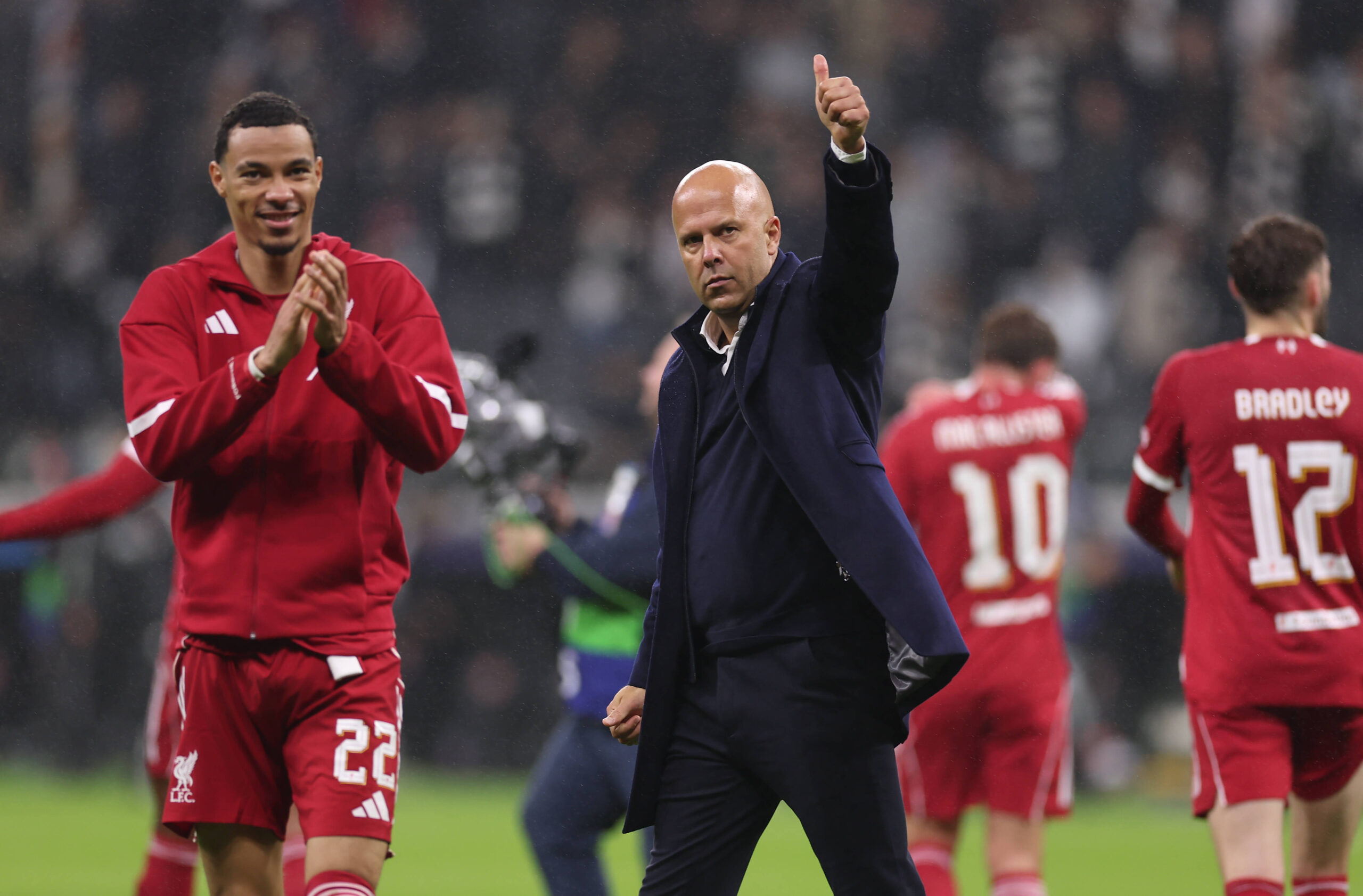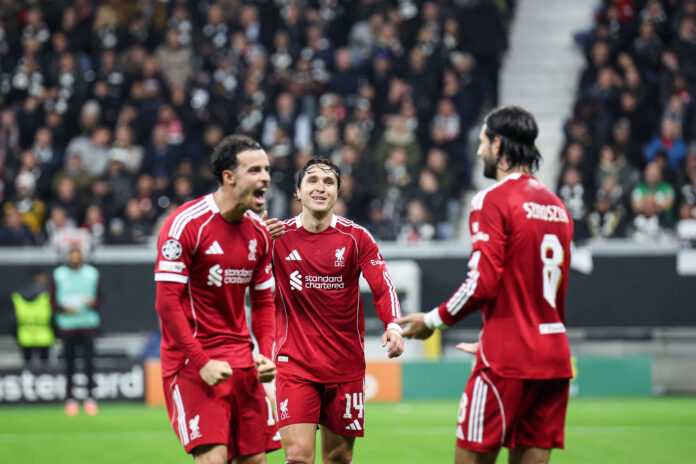Post-Match Raw: Szoboszlai, Liverpool and a Statement in Frankfurt
Liverpool’s 5–1 win away to Frankfurt in the Champions League became the perfect canvas for Anfield Index’s Post-Match Raw. In conversation with Trev Downey, Dave Hendrick and Hari Sethi moved between scepticism and satisfaction, weighing a necessary step forward against the longer road still ahead for Arne Slot’s side. This was a night where Dominik Szoboszlai’s quality and Liverpool’s set-piece edge felt decisive — and the panel didn’t hold back.
Context and momentum shift in Germany
“Nobody knows what we are yet,” said Hendrick early on, pushing back at any grand declarations after four straight defeats. His caveat came with a sharp appraisal of the opposition: “They can’t defend. They are utterly, utterly hopeless defensively.” Even so, the shape of the game mattered. Liverpool were a goal down on 25 minutes, then detonated the contest with three goals between 34 and 44 minutes — a swing that reframed everything that followed.
Hendrick captured the change of tone neatly: “Far from perfect, but far far better than the utter dross we’ve been served up over the last four games.”

Midfield purpose returns
What changed? Tempo and intent in midfield. Hendrick highlighted “Dom Szoboszlai and Curtis Jones doing this thing… passing the ball forwards, having purpose in possession, moving the ball quickly,” a long-lost habit that reappeared at just the right time. It chimed with Sethi’s tempered expectations: “No, but I wasn’t really expecting to see that tonight in terms of a fully fledged new plan.” Instead, he saw a manager “searching around for… different ideas, different connections that might help out,” with Jones–Szoboszlai the night’s standout partnership.
On Szoboszlai, Hendrick was unequivocal: “What a player. What an absolute monster of a player.” The Hungarian’s ball-carrying, pressing and clean strikes were the technical thread that tied Liverpool’s best passages together — precisely the kind of influence this side has been searching for.
Set-piece threat resurfaces
For months, Liverpool’s height hasn’t translated into goals. In Frankfurt, it did. Two corners, two centre-back headers, and a reminder of an underused weapon. Sethi wants it to stick: “I would love us to make this more of a part of our game,” while acknowledging the league context where “defenders get themselves out of trouble by going down at the slightest touch.”
The numbers behind the control were encouraging, too. As Downey noted on the pod, 80% of Liverpool’s shots were on target on the night, a stark uptick from the season’s average to date. When the set-plays land and your finishers hit the target, scorelines look emphatic very quickly.
Caution alongside optimism
Sethi resisted neat narratives: this was not a silver bullet, but “pretty close to as positive as it could have got” given the recent run. Crucially, he pushed back on lazy critiques of attitude: “These guys want it… hardworking… high IQ players.” The incoherence has been structural more than motivational; in Frankfurt, structure looked clearer and execution cleaner.
In the end, Hendrick and Sethi converged on a pragmatic takeaway. Frankfurt’s openness helped, yes, but Liverpool still had to exploit it with faster midfield play, decisive wide combinations and ruthless set-pieces. If Slot can bottle those repeatable bits — that Jones–Szoboszlai thrust, higher-quality delivery from corners, and sharper shot selection — the win becomes more than a one-off.
Five goals, renewed purpose, and a marquee turn from Szoboszlai. Post-Match Raw framed it perfectly: not a conclusion, but a launch point.



